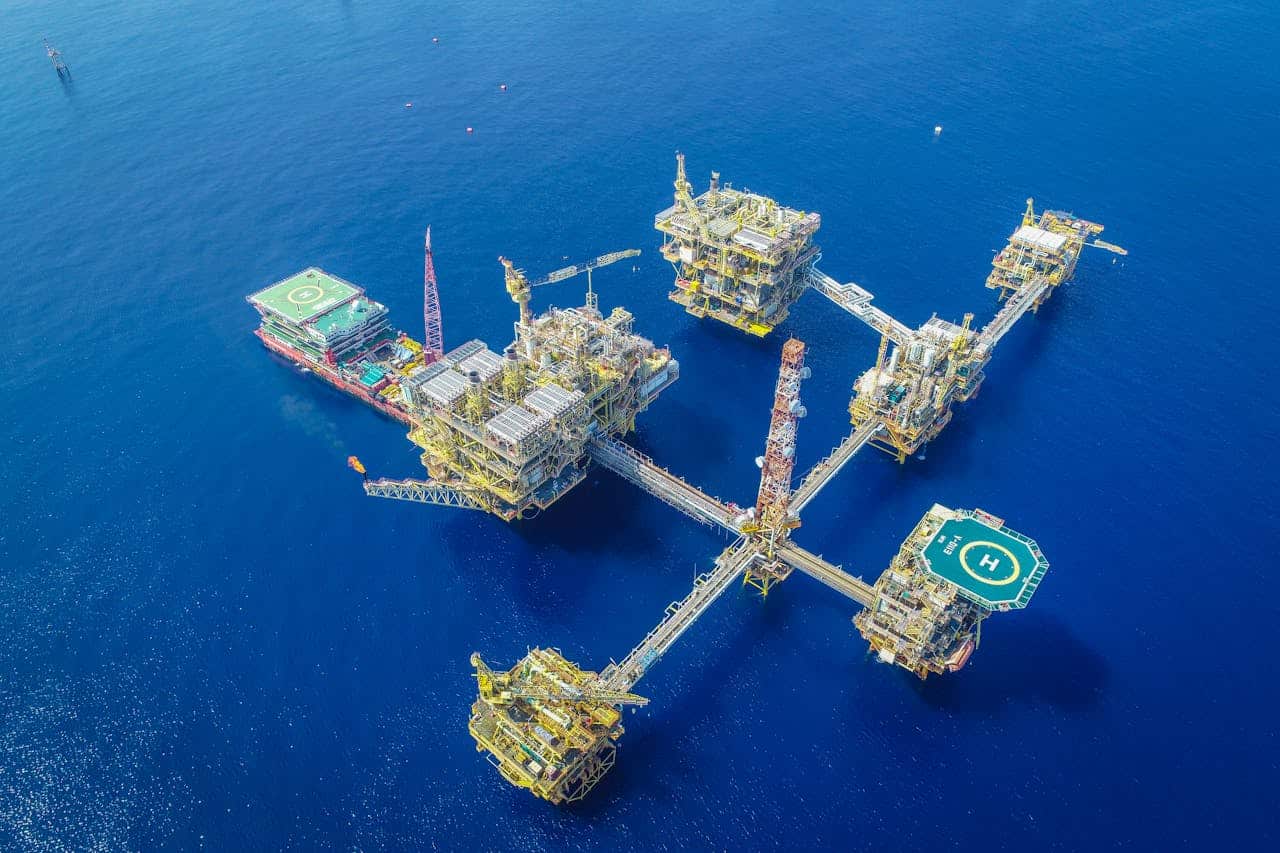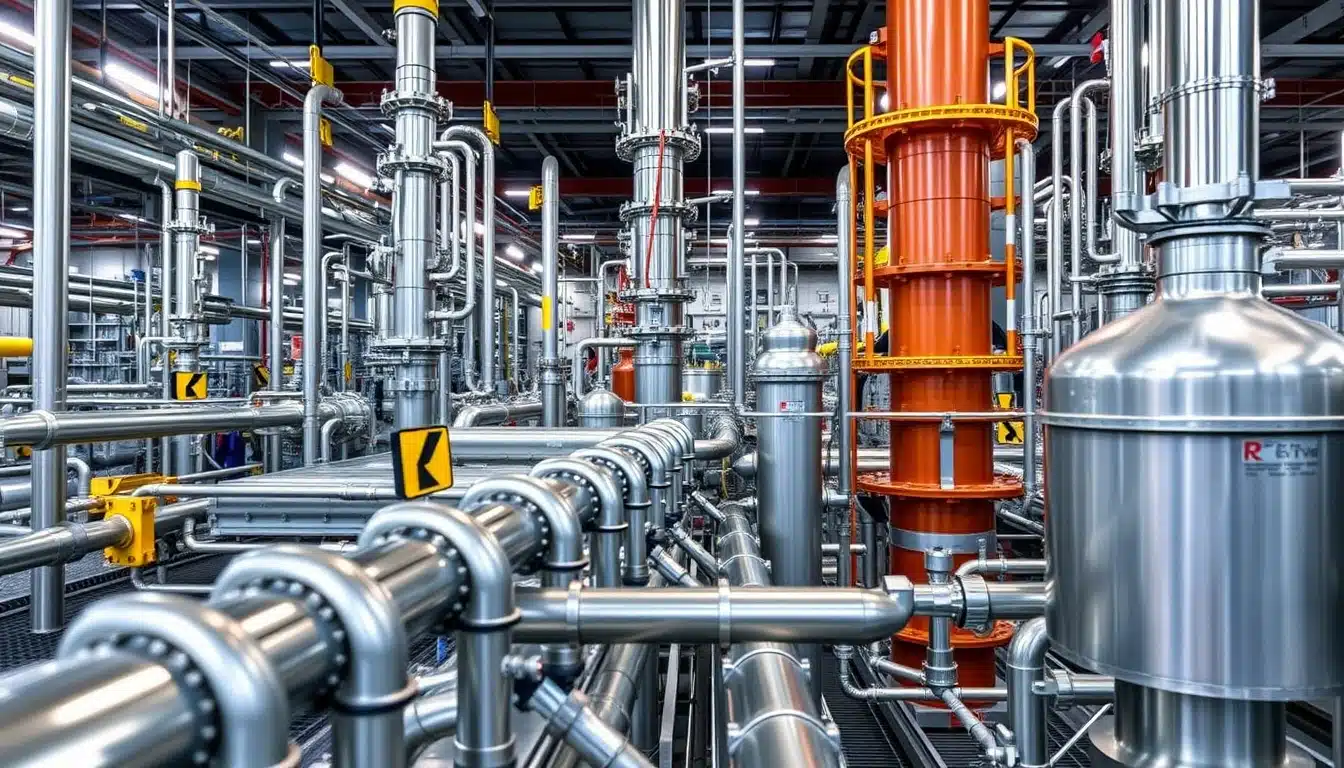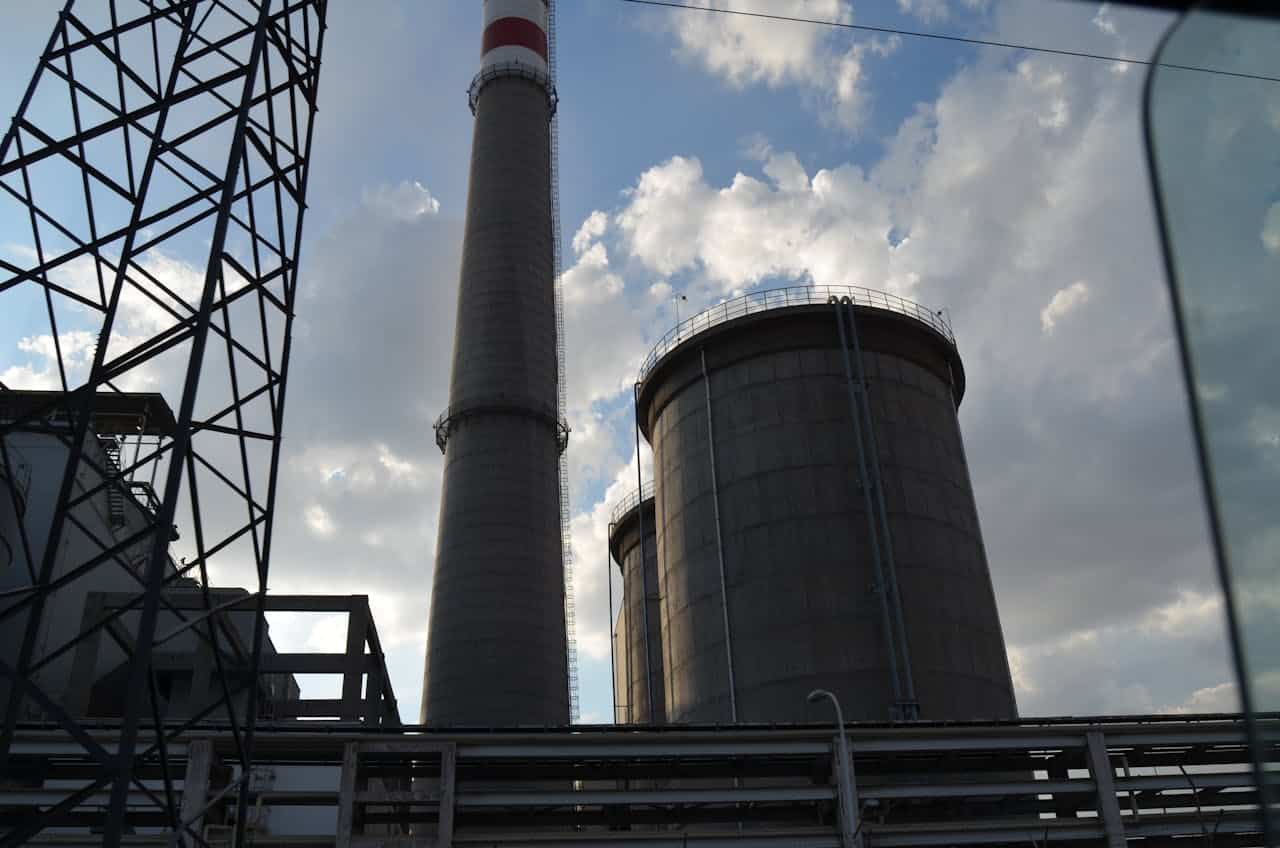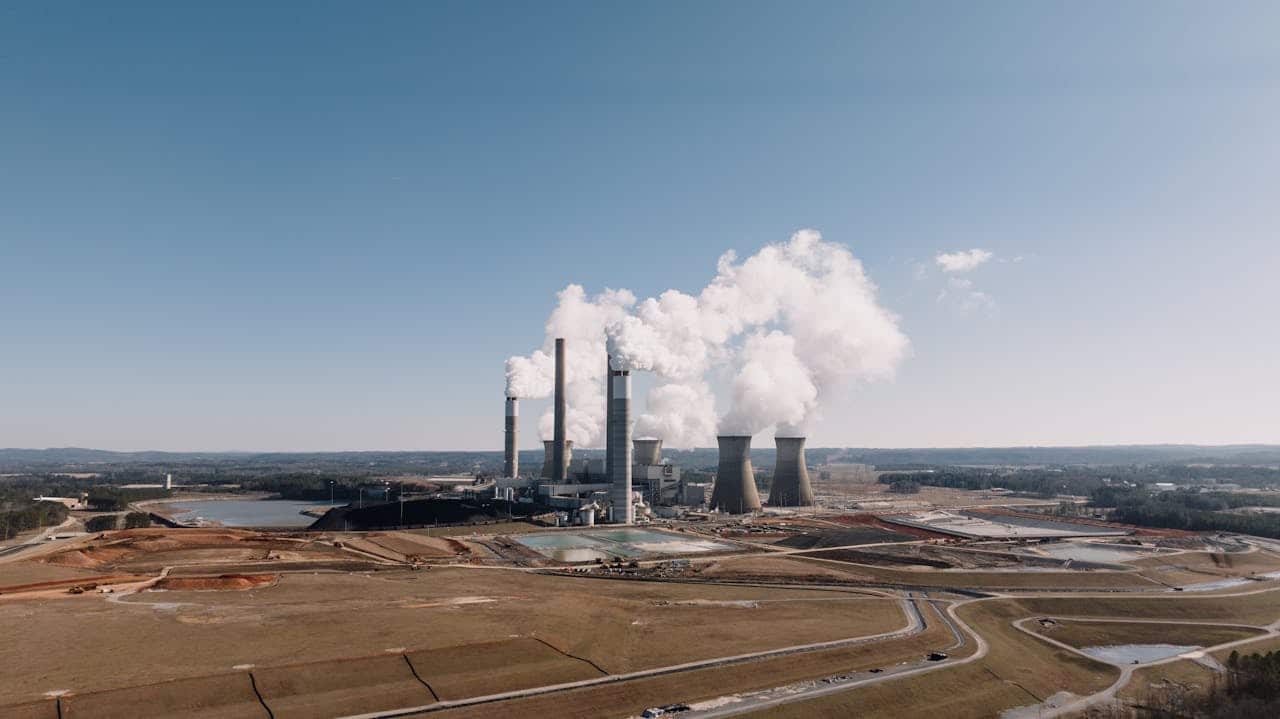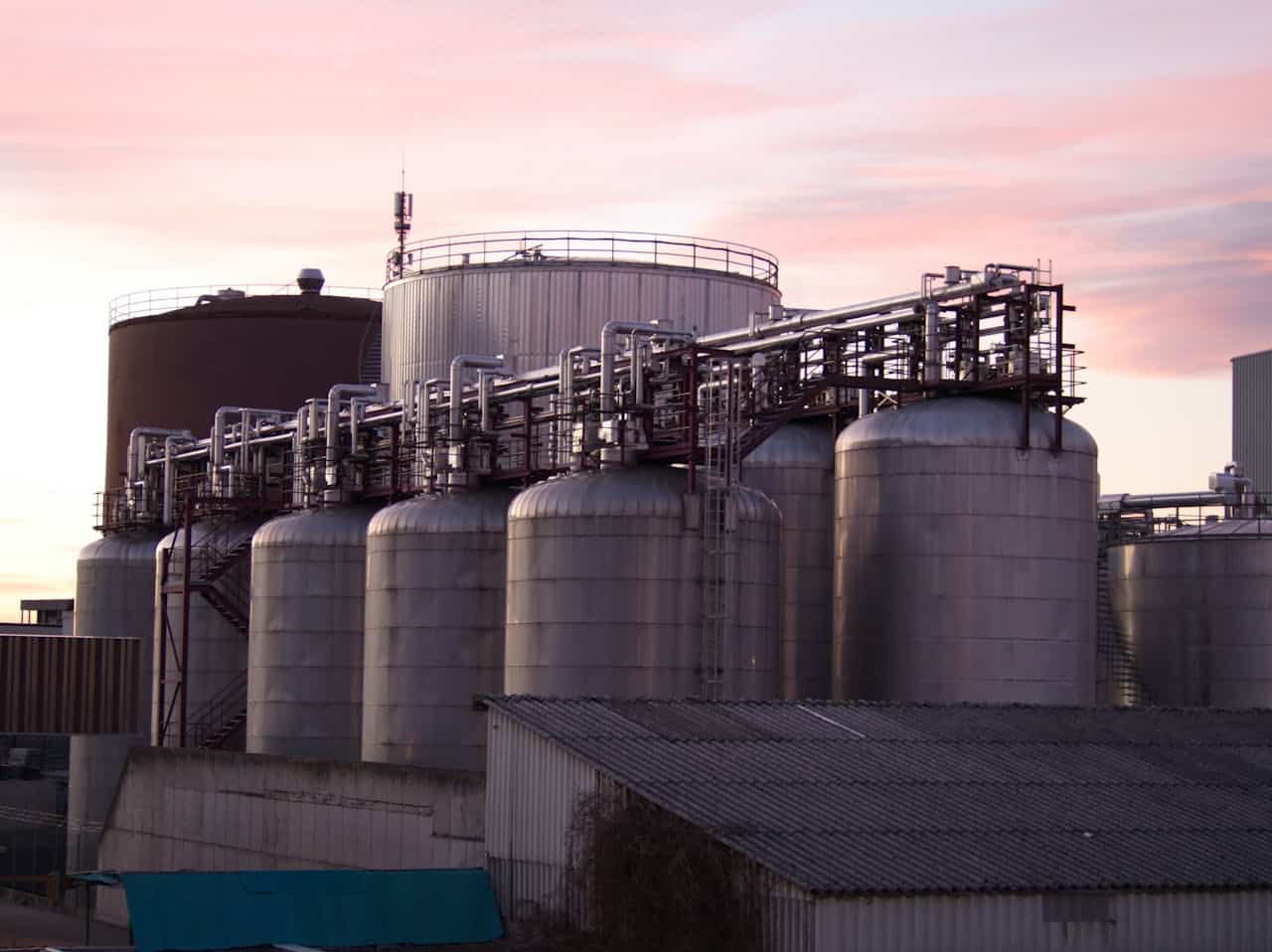Petroleum Refining Engineering: Process, Production Planning, Scheduling, Yield Optimisation and Economics
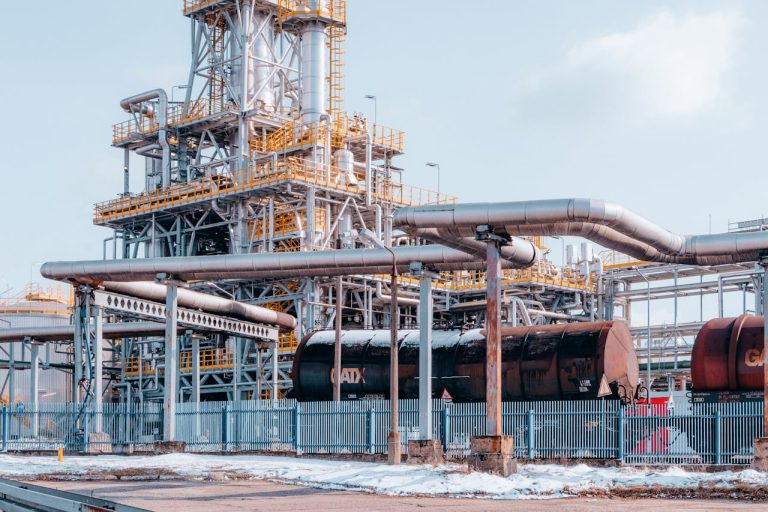
| Date | Format | Duration | Fees (USD) | Register |
|---|---|---|---|---|
| 10 Nov - 21 Nov, 2025 | Live Online | 10 Days | $7735 | Register → |
| Date | Venue | Duration | Fees (USD) | Register |
|---|---|---|---|---|
| 10 Nov - 14 Nov, 2025 | London | 5 Days | $6305 | Register → |
| 24 Nov - 05 Dec, 2025 | Barcelona | 10 Days | $11615 | Register → |
Did you know that the worldwide oil refining market is predicted to rise at a compound annual growth (CAGR) of 4.28% and be valued at over £1.69 trillion in 2022? This compelling statistic underscores the critical importance of efficient refining operations and strategic planning in today’s petroleum industry.
Course Overview
The Petroleum Refining Engineering Process course is meticulously designed to equip professionals with cutting-edge knowledge in petroleum refining process, production planning, and refining operations. This comprehensive programme focuses on refinery economics, product blending rules, and yield optimisation to ensure participants can effectively navigate the complex landscape of petroleum refining engineering.
Why Select This Training Course?
Selecting this Refining Engineering Course offers numerous advantages for professionals involved in refinery planning and operations scheduling. Participants will gain advanced knowledge of crude oil yields, refining efficiency, and motor fuel production. The course provides hands-on experience with refinery flow sheets and feedstock control, enabling attendees to optimise their operations effectively.
For organisations, investing in this training enhances overall operational efficiency and strengthens supply chain management. By ensuring that personnel are well-trained in petroleum refining processes, organisations not only protect their assets but also build sustainable practices. Research shows that companies implementing comprehensive production planning can significantly improve performance. For instance, a renowned European refinery increased throughput by 10% and reduced energy use by 5% through advanced production planning and scheduling techniques.
Individuals who complete this course will benefit from enhanced career prospects as they become more valuable assets in their respective fields. The skills acquired through this training can lead to professional growth and increased responsibilities within their organisations. Studies from an Asian refinery demonstrate how yield optimisation methods helped quickly adjust production rates to meet changing market requirements, increasing competitiveness and market share.
Transform your refining capabilities – Join our next session!
Who is this Training Course for?
This course is suitable for:
- Refinery engineers and process specialists.
- Operations managers in refining facilities.
- Planners and schedulers in oil refineries.
- Technicians involved in refining operations.
- Economists and analysts focusing on energy markets.
What are the Training Goals?
The objectives of this training course are to enable professionals:
- To master the engineering processes central to petroleum refining.
- To develop skills in production planning and scheduling for efficiency.
- To optimise yield through advanced techniques and technologies.
- To understand and apply economic principles in refining operations.
How will this Training Course be Presented?
The Petroleum Refining Engineering Process Course employs a comprehensive and innovative approach to ensure maximum knowledge retention and skill development. Expert-led instruction from seasoned refining professionals forms the core of the course, providing up-to-date insights into modern refining techniques and practical applications.
Our dynamic training methodology includes:
- Engaging interactive sessions with refining experts, offering direct insights into current practices
- Immersive workshops featuring process optimisation and scheduling
- In-depth demonstrations of modern refining technologies
- Thought-provoking collaborative projects simulating real-world scenarios
- Comprehensive access to extensive digital resources
Ready to master refining operations? Secure your spot today!
Course Syllabus
Module 1: Refining Engineering Processes
- Gasoline blending for optimal octane.
- Sulfur removal and environmental compliance.
- Management of refining by-products.
- Energy efficiency in process units.
- Safety systems in refining operations.
- Process control and automation in refining.
- Innovations in refining technology.
- Waste management and environmental impact.
Module 2: Refinery Process Optimization
- Principles of process optimisation.
- Use of linear programming for refining.
- Real-time optimisation strategies.
- Advanced process control systems.
- Optimising energy use in refining processes.
- Catalytic performance enhancement.
- Feedstock selection for optimal refining.
- Managing process variability.
- Process integration for efficiency gains.
- Predictive maintenance for continuous operation.
- Data analytics for operational insights.
- Benchmarking against industry standards.
Module 3: Production Planning in Refineries
- Integration of refining with petrochemicals.
- Resource allocation for maximum yield.
- Planning for maintenance and turnarounds.
- Managing production during market volatility.
- Optimisation of product mix.
- Inventory management in refining.
- Scenario planning for operational changes.
- Economic considerations in production planning.
Module 4: Scheduling and Yield Management
- Balancing quality with quantity in production.
- Minimising waste through effective scheduling.
- Scheduling for environmental compliance.
- Real-time adjustments in scheduling.
- Maximising throughput with optimal scheduling.
- Use of simulation models for scheduling.
- Handling of off-spec products.
- Scheduling integration with logistics.
- Continuous improvement in scheduling practices.
Module 5: Advanced Yield Optimisation
- Strategies for reducing energy consumption per unit yield.
- Economic benefits of yield optimisation.
- Integration of AI in yield management.
- Batch vs. continuous process yield considerations.
- Quality control in yield management.
- Yield vs. product quality trade-offs.
- Environmental implications of yield optimisation.
- Long-term vs. short-term yield strategies.
Module 6: Economics of Refining
- Cost structures in refining operations.
- Revenue streams from refined products.
- Impact of crude oil price on refining economics.
- Margin analysis for different products.
- Investment in refining capacity and upgrades.
- Hedging strategies for price volatility.
- Taxation and fiscal regimes affecting refining.
- Economic evaluation of process changes.
- Financial models for refining projects.
- Economic incentives for cleaner refining.
- Cost-benefit analysis of environmental compliance.
- Economic impact of technological advancements.
Module 7: Refinery Operations Management
- Human factors in refining operations.
- Safety management systems in refineries.
- Training for operational excellence.
- Quality management in refining.
- Managing change in refining operations.
- Emergency response planning.
- Leadership in refining management.
- Ethical considerations in operations.
Module 8: Regulatory Compliance
- Navigating refining regulations globally.
- Compliance with environmental standards.
- Permitting and licensing for refining.
- Legal responsibilities in refining operations.
- Managing compliance audits.
- Updates in regulatory frameworks.
- Safety regulations in refining.
- Ethical considerations in compliance.
- Compliance costs and economic impact.
- Documentation for regulatory bodies.
- Strategies for regulatory compliance.
- Interaction with regulatory authorities.
Module 9: Technology and Innovation in Refining
- Digital oilfield technologies in refining.
- Automation and robotics in refining processes.
- IoT for real-time data in operations.
- AI for predictive maintenance and optimisation.
- Cybersecurity in refining infrastructure.
- Big Data analytics for decision-making.
- Advances in catalysis technology.
- Energy efficiency through tech innovations.
- Process simulation software for planning.
- Innovations in refining equipment design.
- Blockchain for supply chain transparency.
- Future challenges and tech solutions.
Module 10: Refinery Turnarounds and Maintenance
- Planning and executing major turnarounds.
- Maintenance strategies for operational continuity.
- Preventive vs. predictive maintenance approaches.
- Safety during shutdowns and startups.
- Resource management for maintenance projects.
- Outsourcing vs. in-house maintenance decisions.
- Digital tools for maintenance scheduling.
- Managing contractor performance and safety.
- Cost control in maintenance operations.
- Post-turnaround performance review.
- Continuous improvement in maintenance practices.
- Emergency maintenance protocols.
Training Impact
Research indicates that organisations implementing structured refining engineering training programmes have demonstrated measurable benefits in both operational efficiency and production planning. Case studies highlight the following comprehensive improvements:
From European refinery implementation:
- 10% increase in throughput efficiency
- 5% reduction in energy consumption
- Enhanced production planning capabilities
- Improved operational efficiency and profitability
Additional benefits include:
- Significant improvement in refinery utilisation
- Enhanced decision-making in production scheduling
- Improved ability to handle market volatility
- Strengthened supply chain management
- Increased operational resilience through comprehensive strategies
Transform your career in petroleum refining – Enrol now!

